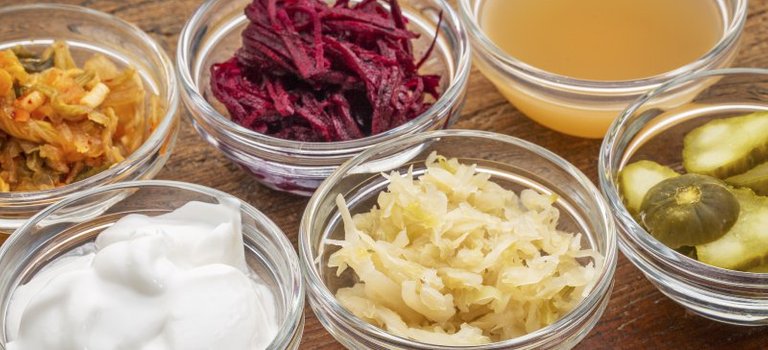Probiotics are generally defined as live microbial feed supplements that can benefit the host by improving its intestinal balance (Fuller, 1989). In other word, probiotics are live microbial feed supplements which beneficially affect the host animal by improving its intestinal microbial balance (Fuller 1989, 1991). Among the large number of probiotic products in use today are bacterial spore formers, mostly the bacillus genus. The history of the probiotic effect has been well documented many times previously (Fuller, 1992). The lack of fundamental knowledge about the mechanism of the probiotic effect has deterred the development of a great many probiotic preparations destined for treatment of various conditions in man and animals. One factor that has been used in the selection of probiotic cultures has been the ability to adhere to gut epithelial cells of the animal to which the probiotic is being fed. Adhesion is now generally accepted as an important colonization factor and since establishment in the intestine is an essential prerequisite of effective probiotic activity, it is to be applauded as the first step in a rational approach to the selection of microorganisms for inclusion in probiotic preparations (Crociani et al. 1995).
Probiotic food cultures have become popular due to appreciation of their contribution to good health (Desmond et al., 2002). In probiotic therapy, these beneficial microorganisms are ingested and thereby introduced to the intestinal microflora intentionally. This results in high numbers of beneficial bacteria to participate in competition for nutrients with and starving off harmful bacteria (Mombelli and Gismondo, 2000). The probiotics take part in a number of positive health promoting activities in human physiology (Chen and Yao, 2002). The beneficial effects of the ingested probiotic bacteria are provided by those organisms that adhere to the intestinal epithelium (Salminen et al., 1998). The presence and adherence of probiotics to the mucous membrane of the intestines build up a strong natural biological barrier for many pathogenic bacteria (Chen & Yao, 2002). Adhesion is therefore regarded as the first step to colonization. Adhesion to the epithelium can be specific, involving adhesion of bacteria and receptor molecules on the epithelial cells, or non-specific, based on physicochemical factors.
In order for a potential probiotic strain to be able to exert its beneficial effects, it is expected to exhibit certain desirable properties. Mechanism of action of probiotics by which they exhibits their beneficial effect include, immunomodulation, competitive exclusion of gastrointestinal pathogens and secretion of antimicrobial compounds (Fuller, 1991). There are different source of probiotics but selection of probiotic product depends on type of bacteria and type of beneficial effect expected. Although probiotics have beneficial effect, they could exhibits side effect too if their production is not well regulated especially those that are intended for use as drug, medicinal food and dietary supplement (Degnan, 2008).

Hi! I am a robot. I just upvoted you! I found similar content that readers might be interested in:
http://cdn.intechopen.com/pdfs/35442/InTech-Probiotics_what_they_are_their_benefits_and_challenges.pdf